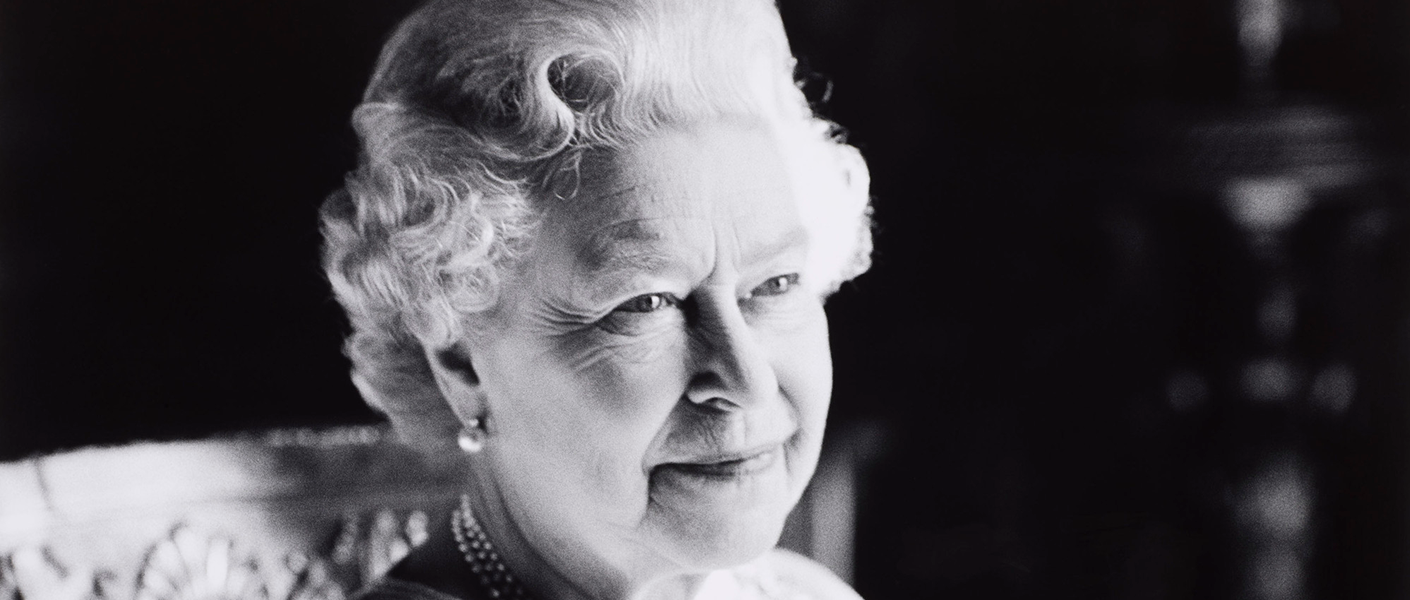 Queen Elizabeth II prior to her death on September 8th, 2022. The photo is coutresy royal.uk
Queen Elizabeth II prior to her death on September 8th, 2022. The photo is coutresy royal.uk
The Legacy of Queen Elizabeth II
Queen Elizabeth II’s passing on September 8th, 2022, has ignited global grief and concern about the future of the British monarchy. After 70 years as Head of State, her Majesty the Queen was the longest reigning monarch in British history. However, the death of what most would describe a beloved and dutiful Queen has sparked debate among others. While much of the world is mourning her passing, it has ignited a public debate in former colonies of the British Empire.
Almost a year before the Queen’s passing, the island nation Barbados removed Queen Elizabeth as Head of State on the nation’s 55th anniversary of gaining independence. The country declared itself a republic after nearly 200 years of monarchy due to its complicated past of exploitation under the British Empire. In the days since the Queen’s passing, former colonies have reflected upon the gruesome times of oppression, slavery, and exploitation inflicted upon Africa, Asia, Oceania, and the West Indies. For example, Zimbabwe, which is a former member of the Commonwealth, was quick to announce that the country would not be mourning the late Queen and reminded the world of the atrocities committed by the British Empire during colonial rule.
On the other hand, the Secretary for Foreign Affairs of Kenya, which was also a British colony, described the passing of the Queen as devastating and expressed gratitude for her service. This demonstrates the differences between previous colonies and countries belonging to the Commonwealth. Thus, the growing sense that former colonies opposed the Queen and the British Monarchy does not paint an accurate picture. Anti-monarchist movements did exist in some former colonies, especially in Caribbean island nations such as Jamaica and Belize. However, members of the Commonwealth praise the Monarchy and its positive sides while simultaneously acknowledging its wrongdoings. Another positive example can be found in the East African nation of Uganda, which was a colony in the British Empire for 60 years before gaining independence in 1962. The Ugandan media have expressed sadness over the passing of the Queen, and they celebrated her life with a memorial open to members of society who wished to honor her passing.
It is important to acknowledge the fact that the Queen has been a constant part of people’s lives for the past 70 years. Queen Elizabeth was a symbol of great duty and responsibility, and her devotion is noteworthy. At age 25 she rose to the occasion, following her father’s death, and became the Head of State of multiple nations. She reigned during the aftermath of WWII, a difficult time when decolonization was in its early stages. Following her coronation, The British Empire would disintegrate into several independent nation-states.
Additionally, it is essential to note that the Queen began her reign during a time when women were living in the patriarchal structures of a society where few women were able to lead full-time careers. With the relatively low number of women being allowed in the workforce, one can imagine the difficulties the young Queen must have endured. Others point to the fact that she did not take an active part in colonizing any countries herself. She simply inherited the throne of a nation with a sensitive history. Ultimately, the Queen succeeded in parting ways with former colonies by continuing their relations through the Commonwealth and sustaining diplomatic ties with former British colonies. The Queen’s death and her legacy are significant for the U.S. due to its close diplomatic relationship with the UK. After WWII, the relations strengthened and remained significant in terms of international security and trade. Additionally, the Chinese expansion in former British colonies is of mutual concern for the U.S. and UK, due to the implications this may cause.
The death of the Queen and the debates concerning the atrocities committed by the British Empire is perhaps a gateway to the conversation former colonies wish to have with the UK. Members of the Commonwealth have requested an apology from the British Monarchy and demanded historical artifacts be returned to former colonies such as India, Nigeria, and Uganda. Nonetheless, Britain has agreed to return 72 stolen Nigerian artifacts, 120 years after the looting, which hopefully will reinforce the homecoming of colonial artifacts back to the Global South. Nevertheless, the Queen was a great symbol of devotion, and her role in history is significant. Her passing is an unfortunate tragedy, and she will be remembered for the grace and adherence she signified for the 70 years she reigned.





